
In January 1976, I caught a glimpse of where the country was headed — toward a temporary transfer of power from Republicans to Democrats with Jimmy Carter as the well-vetted figurehead. The realization came shortly before the New Hampshire primary while attending a huge Democratic rally at a snow-covered southern Vermont estate called The Plantation.
Carter was only one of several candidates at the time. Yet he was already surrounded by Secret Service agents and a large entourage. No primary votes had been cast, yet he acted, and was being treated like the de facto nominee. After his election in November the country gradually learned why; he had been auditioned early by the Trilateral Commission, a transnational think tank, funded by David Rockefeller and managed by Zbigniew Brzezinski, that brought together leaders from North America, Western Europe and Japan.
Carter started out as an obscure but charming agri-businessman, and became Georgia’s governor in 1970 with the support of an Atlanta establishment in need of someone able to talk populism while remaining in tune with business interests. Forty years later, Barack Obama emerged in much the same way — as an “anti-establishment” politician who learned to play ball with the Illinois establishment — and even relied on some of the same advisers, including Brzezinski.
Despite Ronald Reagan’s insurgent campaign, in 1976 the GOP stuck with the colorless, compromised, accident-prone Gerald Ford. But Time magazine foreshadowed the future in a glowing story on the governor, complete with cover rendering that made Carter look remarkably like JFK. The rest of the mainstream media quickly joined the chorus.
Carter was already a darling of Eastern opinion-makers, lauded as a leader of the “New South,” when he was recommended in 1973 for membership in the newly formed Trilateral Commission. Members of its North American section included David Rockefeller, Time magazine editor Hedley Donovan, corporate lawyers Cyrus Vance and Warren Christopher, Bendix Corp. chairman W. Michael Blumenthal, IBM director Harold Brown, UAW president Leonard Woodcock, and other business, union and political leaders.
Image: Zbigniew Brzezinski
Brzezinski was the group’s founding director. Carter subsequently tapped Trilateral members for much of his presidential campaign strategy team.
Why did this happen? As Brzezinski noted in a 2008 interview, there is no need to worry about hidden conspiracies. Groups like the Trilateral Commission and Council on Foreign Relations don’t conceal their intentions, he pointed out. You can easily find out what they want to accomplish. In the 1970s, you could even subscribe to a commission newsletter, Trialogue. I learned a lot from reading it.
Trialogue offered turgid, yet revealing reports about “avenues for trilateral-communist collaboration” and the international alliance’s take on macro-economic coordination, nuclear security and industrial relations. Concerted attempts to change national policies, in the US as well as Japan and Europe, frequently followed the release of a commission study.
A key document during this period was The Crisis of Democracy, a Trilateral special report co-authored by Brzezinski associate Samuel Huntington, who advised Carter during the campaign and subsequently coordinated planning for his National Security Council. Brzezinski became Carter’s national security adviser.
Huntington explained, in advance of the 1976 election, that a successful Democratic candidate for president would have to emphasize energy, decisiveness and sincerity while coming across as an outsider. But the real lesson of the 1960s, he wrote, was that political parties “could be easily penetrated, and even captured, by highly motivated and well-organized groups with a cause and a candidate.” Decades later, that turned out to be an apt description of the hostile takeover of the Republican Party by Trump.
The appeal of Carter was a combination of charm, an “interesting” family narrative, traditional values and an outsider image. But Trilateralists also understood that he was a moderate eager to be all things to all people, as Laurence Shoup explained in The Carter Presidency and Beyond.
Carter went from local curiosity to national phenomenon in less than four years, during a period when the public was losing faith in the presidency and other national institutions. By 1975 The New York Times was regularly publishing pro-Carter editorials, articles and columns. Time was even more enthusiastic, in one feature describing him as looking “eerily like John Kennedy from certain angles.” They hammered the point home with that remarkable cover rendering.
The drumbeat continued right through Primary season with coverage that belittled competitors like Fred Harris, a real populist, with headlines like “Radicalism in a Camper.” Carter received cover hypes like “Taking Jimmy Seriously.”
President Gerald Ford also played ball with the Trilateral Commission’s top dogs. But its influence intensified dramatically after Carter’s election. In addition to Brzezinski and Huntington, at least 27 high-level Carter administration officials were members of the commission or Council on Foreign Relations, including Vice President Walter Mondale, Secretary of State Vance and Deputy Secretary Christopher, Treasury Secretary Blumenthal, and Defense Secretary Brown.
At a commission meeting in 1978 a long-term energy transition plan was reviewed with the president. An article in Trialogue summarized the group’s proposal:
“Bringing energy prices up to world market levels throughout the trilateral countries — the centerpiece of an adequate trilateral strategy — is, in their (the report’s authors) words, ‘the only way to encourage new production and moderate the growth of energy demand’; accordingly, they called, in the United States, for instance, for the deregulation of the price of new natural gas, and for the elimination of price controls on crude oil …”
Huntington’s general diagnosis and prescriptions were blunt, and remain relevant. The authority of government depends on confidence and trust, he explained, and when these decline both participation and polarization increase.
“If the institutional balance is to be redressed between government and opposition, the decline in presidential power has to be reversed …”
Describing the surge in democratic aspirations as a form of “distemper,” Huntington advised that some of the problems “stem from an excess of democracy.” It is just one way to exert authority, he argued, and sometimes should be overridden by “expertise, seniority, experience and special talents.” He also explained that
“the effective operation of a democratic political system usually requires some measure of apathy and noninvolvement on the part of some individuals and groups.”
People can voice too many demands, making democracy a threat to itself, Huntington argued. The basic prescription was to restore respect for authority, particularly in the presidency as an institution, and lower the general level of expectations about what government can do.
It was troubling to read, but instructive to know, and, as it turned out, a chilling preview of the future.
*
Click the share button below to email/forward this article. Follow us on Instagram and X and subscribe to our Telegram Channel. Feel free to repost Global Research articles with proper attribution.
Greg Guma is a Vermont writer, former editor, and author of 15 books, including Managing Chaos: Adventures in Alternative Media. Visit the author’s blog. He is a regular contributor to Global Research.
Featured image: Gerald Ford with the Trilaterals, Rockefeller and Brzezinski to his left. (Source)
Global Research is a reader-funded media. We do not accept any funding from corporations or governments. Help us stay afloat. Click the image below to make a one-time or recurring donation.


.png) 1 month_ago
11
1 month_ago
11








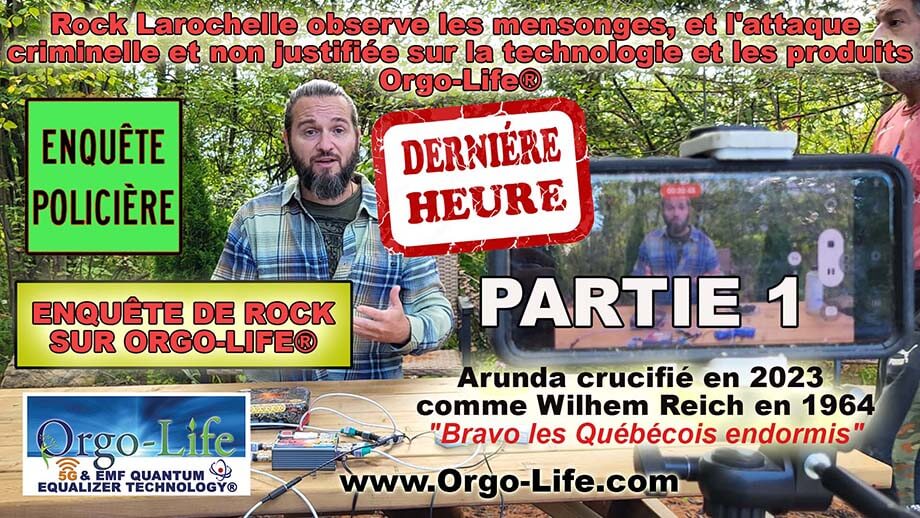


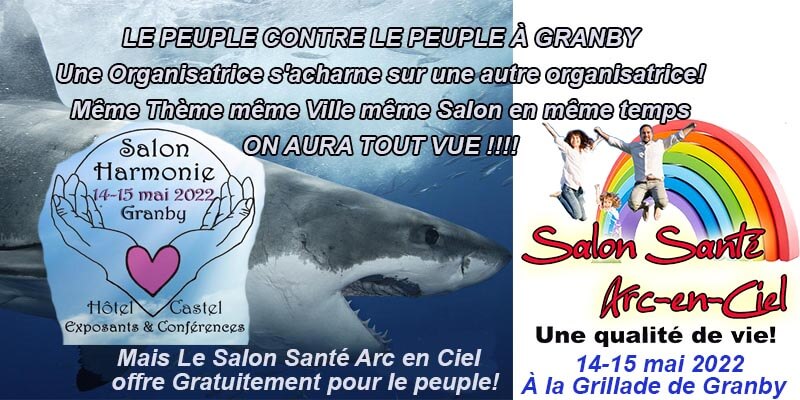
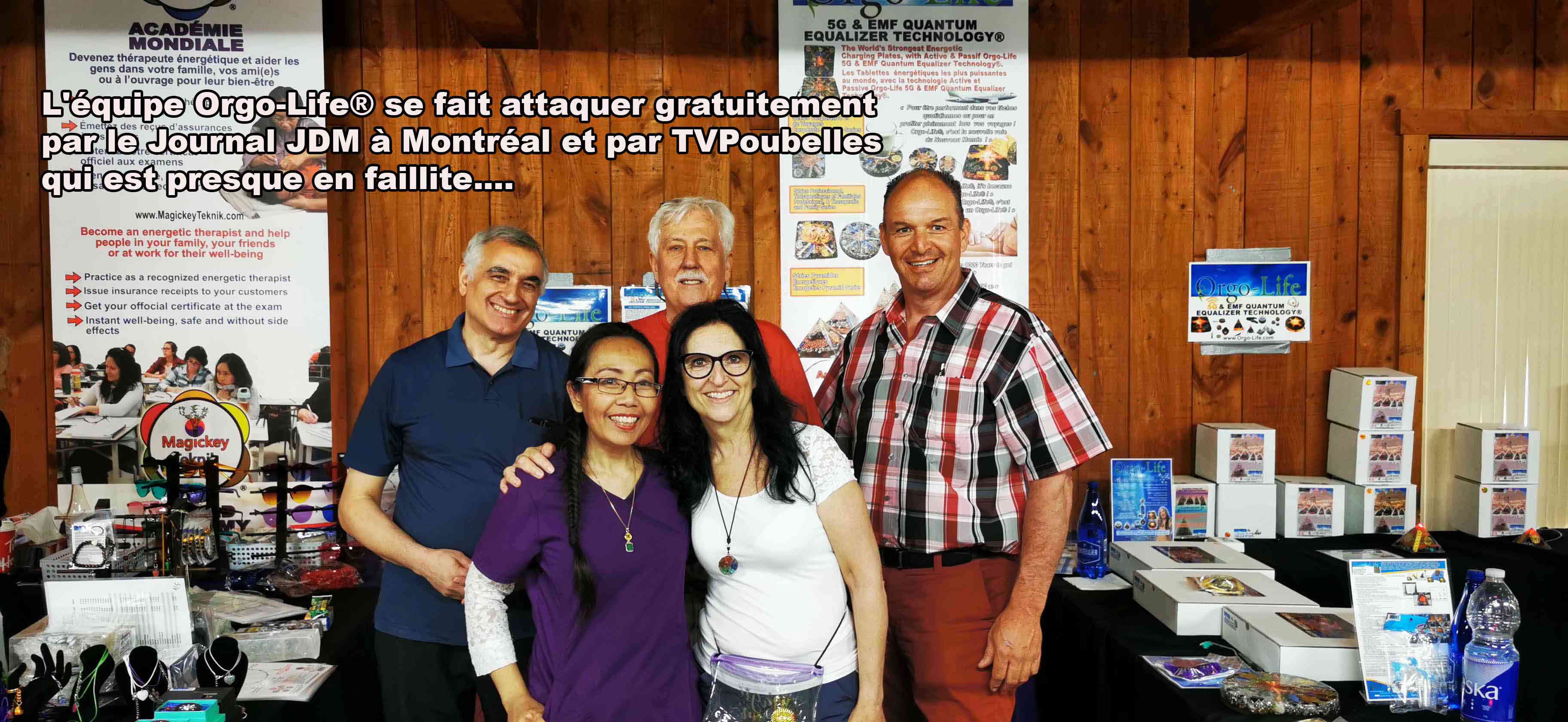
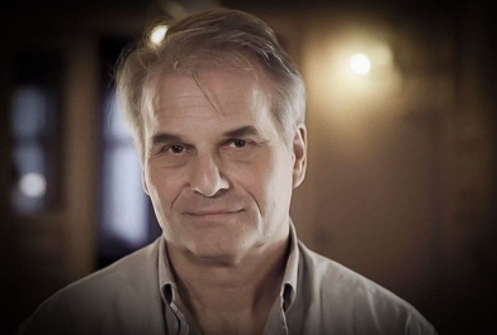

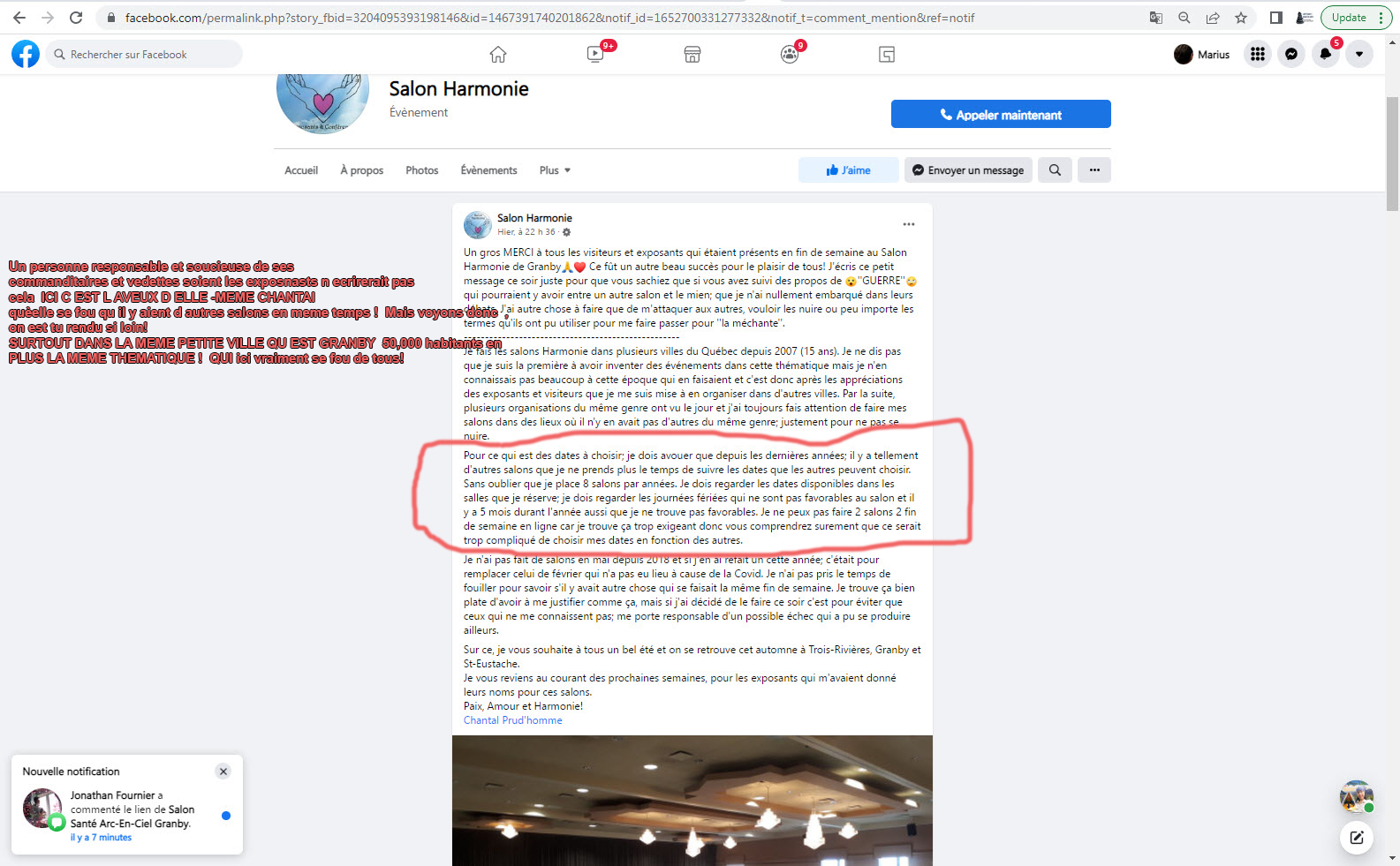
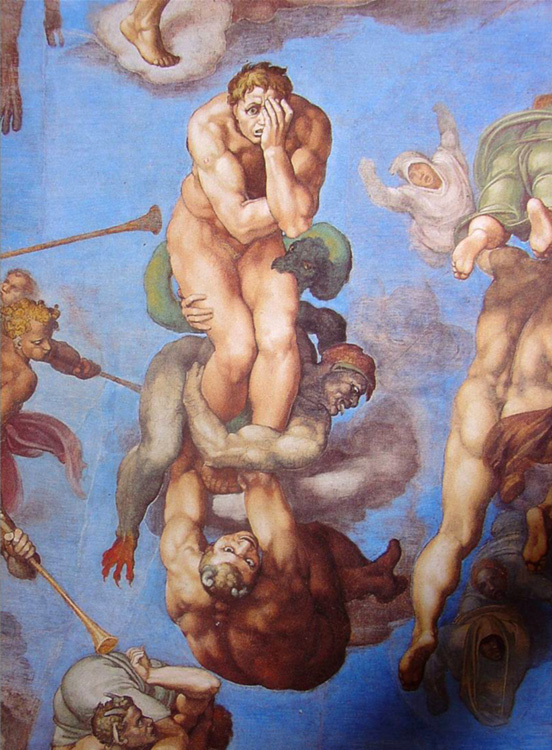
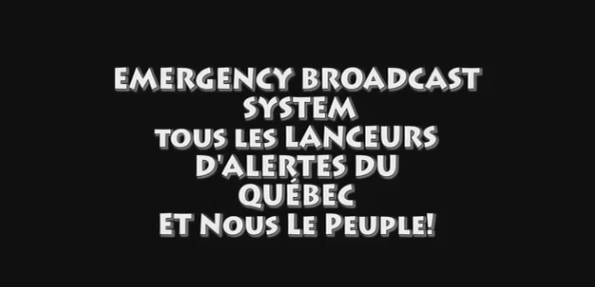


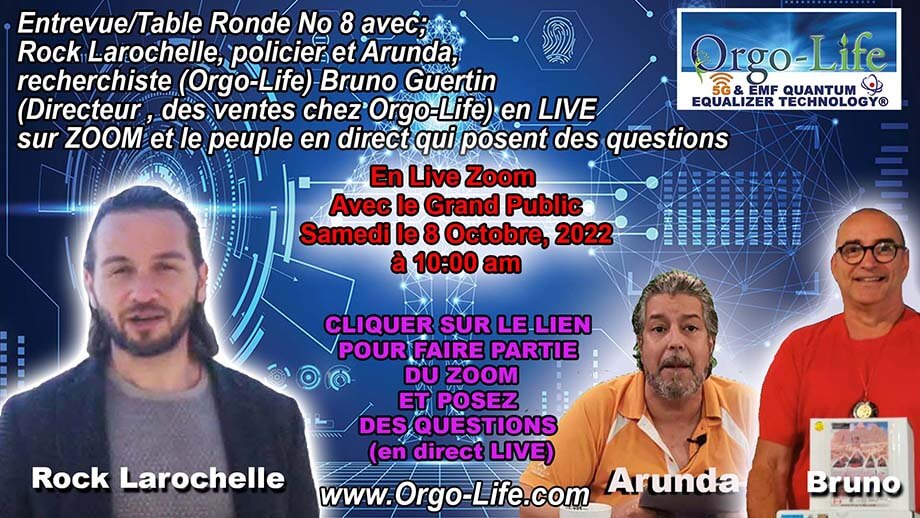


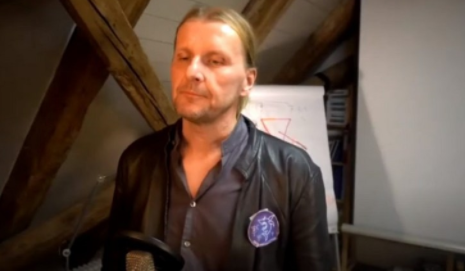



 French (CA)
French (CA)